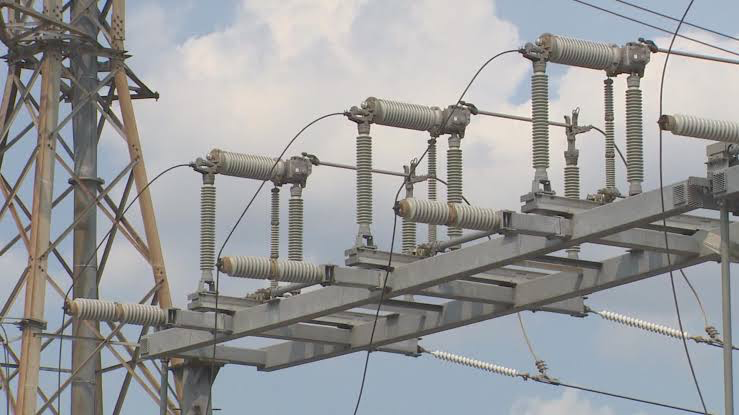The Electric Reliability Council of Texas (ERCOT), the organization managing the power grid for most of Texas, anticipates record-breaking electricity consumption over the next week as scorching temperatures grip the state. Texans can expect to crank up their air conditioners even higher as highs in Houston, the state’s most populous city, are forecast to climb from 95 degrees Fahrenheit (35 degrees Celsius) on Wednesday to 98 degrees Fahrenheit on Thursday. AccuWeather meteorologists predict temperatures to remain in the mid-90s Fahrenheit through mid-August. While these highs only slightly exceed Houston’s typical highs for this time of year, factoring in humidity and wind, AccuWeather warns it will feel closer to 107 degrees Fahrenheit on Wednesday and Thursday.
ERCOT, which has already seen peak-demand records shattered several times in April and May, projects power demand to surge from 80,180 megawatts (MW) on Wednesday to 83,422 MW on Thursday, surpassing the June record of 80,787 MW set in 2023. The grid operator forecasts demand to hit 84,251 MW on July 1, eclipsing the July record of 83,047 MW established in 2023. The all-time peak for the grid was reached on August 10, 2023, at 85,508 MW. Analysts predict ERCOT’s electricity usage to surpass this record this summer due to Texas’s booming economy and population growth, alongside the rapidly increasing demand for power from data centers that support artificial intelligence and cryptocurrency mining.
To cope with the anticipated surge in demand, spot power and natural gas prices have jumped to their highest levels this year. In the spot market, next-day power prices at the ERCOT North Hub, encompassing Dallas, soared 64% to a one-month high of around $55 per megawatt hour (MWh), according to LSEG pricing data. This surpasses the June average of $34 per MWh, the $59 average in May, and the $31 year-to-date average. It is important to note that the 2023 average was $80 per MWh, and the five-year average (2018-2022) was $66 per MWh.
Similarly, next-day gas at the Waha hub in West Texas’s Permian Basin skyrocketed 352% to a five-month high of $2.52 per million British thermal units (mmBtu) for Wednesday, up from Tuesday’s negative $1. This dwarfs the June average of $1.16 per mmBtu, the 19-cent average in May, and the 87-cent year-to-date average. The 2023 average was $1.82 per mmBtu, and the five-year average (2018-2022) was $2.96 per mmBtu.
Despite the anticipated record demand, ERCOT assures Texans that the grid is functioning normally and has sufficient supply to meet expected demand. ERCOT officials are urging Texans to conserve energy during peak hours, typically from 3 pm to 7 pm, by taking measures like raising thermostats a few degrees and using major appliances during off-peak hours.
Texas Power Grid Under Scrutiny
This heatwave comes as the Texas power grid continues to face scrutiny following near-blackouts in February 2021 caused by a winter storm. The Electric Reliability Council of Texas (ERCOT) has since implemented reforms to improve winter weather preparedness, but the grid’s ability to withstand prolonged heatwaves remains a concern.
Lawmakers are considering additional measures to bolster the grid’s resilience, including winterizing natural gas facilities and investing in renewable energy sources. However, these efforts take time, and Texans may face challenges keeping cool this summer if the heatwave persists.
The spike in energy prices is another cause for concern for Texans. The cost of natural gas and electricity has already risen significantly this year, and the anticipated increase in demand is likely to push prices even higher. This could strain household budgets, particularly for low-income residents who may struggle to afford higher utility bills.
The Texas heatwave highlights the challenges of balancing energy reliability with affordability. As the state’s population and economic activity continue to grow, ensuring a stable and affordable electricity supply will be an ongoing challenge for policymakers.
Source: Reuters



